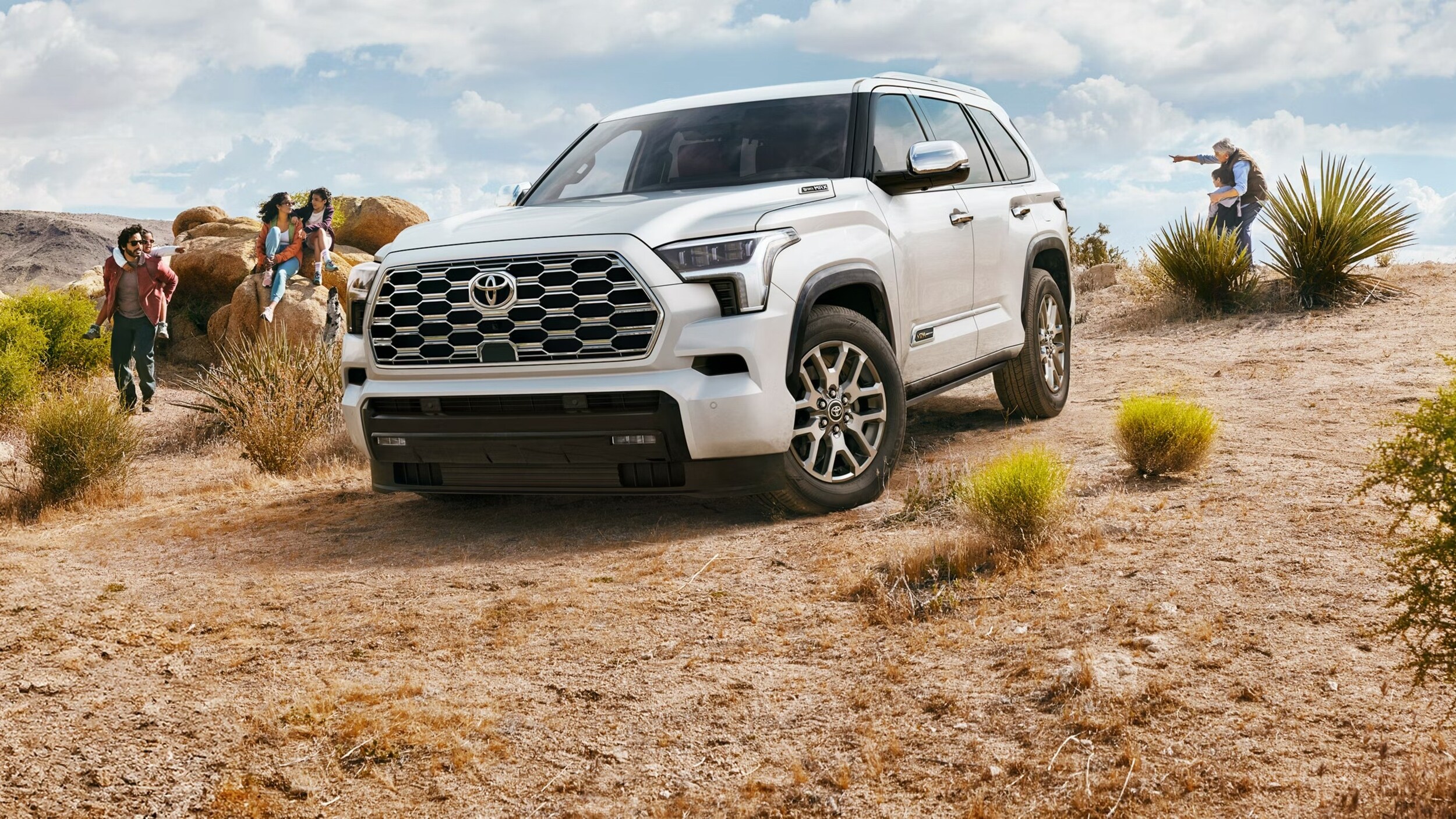
Toyota Lease vs. Buy Guide in Tempe, AZ

When it comes to driving home in a new Toyota, one of the most important decisions you'll face is whether to lease or buy. Each option offers unique advantages-and the right choice depends on your lifestyle, driving habits, and financial goals. This guide breaks down the key differences through a clear and practical question-and-answer format, helping you navigate the lease vs. buy process with confidence. From understanding mileage limits and maintenance responsibilities to exploring end-of-lease options and purchase possibilities, you'll find everything you need to make a smart, informed decision that fits your life behind the wheel of a Toyota.
Lease vs. Buy Process
What are the main differences between leasing and buying a Toyota?Leasing and buying each come with unique advantages and considerations tailored to different lifestyles and financial goals.
How do taxes and fees differ between leasing and buying?One significant difference lies in how sales tax is applied. When leasing, you typically pay sales tax only on your monthly payments, not the full vehicle price-though this can vary by state. With buying, sales tax is usually paid upfront on the total purchase price of the vehicle. Additionally, leasing may involve fewer initial fees and less cash down, making it more accessible for some buyers, while purchasing might require a larger down payment, depending on your financing terms.
How does credit impact leasing vs. buying?Credit score plays a vital role in both options, but leasing may require a higher credit rating to qualify for the most competitive deals. Because leasing companies assume the risk of the vehicle's depreciation, they look for financially reliable customers. Buying can offer more flexible financing options across a broader range of credit profiles, especially when working with banks or credit unions.
Which option offers more flexibility in the long run?Buying a Toyota offers more long-term flexibility, as you're not bound by return dates, mileage caps, or vehicle condition standards at the end of a lease. You can modify, sell, or keep your car as long as you wish. Leasing, however, can provide more short-term flexibility, especially for those who anticipate lifestyle changes, like relocating or growing a family, and who want the ability to switch vehicles frequently without dealing with resale hassles.

Mileage, Maintenance, Customization, and Lease Terms
How does mileage affect my decision to lease or buy?Leases come with mileage limits, typically ranging from 10,000 to 15,000 miles per year. Exceeding these limits can result in additional fees. If you drive significantly more than the average mileage, purchasing might be a more cost-effective option, as there are no mileage restrictions.
What are the maintenance responsibilities in leasing vs. buying?When you lease a Toyota, you're responsible for maintaining the vehicle in good condition and adhering to the manufacturer's recommended maintenance schedule. Toyota's leases often include ToyotaCare, a no-cost maintenance plan covering normal factory-scheduled maintenance for two years or 25,000 miles, whichever comes first. When you own a vehicle, all maintenance costs are your responsibility, but you have the flexibility to choose how and when to service your car.
Can I customize my Toyota if I lease it?Leased vehicles need to be returned in their original condition, minus normal wear and tear. Significant customizations or alterations are generally not permitted, as the vehicle must be returned to a condition suitable for resale. If you plan to personalize your car extensively, purchasing would be the more appropriate choice.
What should I know about lease terms?Lease terms outline the duration of the lease, mileage limits, monthly payment amounts, and conditions regarding wear and tear. It's crucial to understand all aspects of the lease agreement, including any fees for exceeding mileage limits or for early termination. Reviewing these terms carefully will help ensure the lease aligns with your driving habits and financial situation.
End-of-Lease Options, Early Termination, and Purchase Options
What options do I have at the end of my Toyota lease?At the conclusion of your lease, you typically have three options: Return the vehicle and lease a new Toyota. Purchase the leased vehicle at the predetermined residual value stated in your lease agreement. Simply return the vehicle and conclude your lease obligations. Each option offers flexibility depending on your current needs and preferences.
Can I terminate my lease early?Early termination of a lease is possible but may involve substantial fees and penalties. It's important to review your lease agreement to understand the specific terms and potential costs associated with early termination. If you anticipate the need to end your lease early, discuss this with your Toyota dealer to explore possible solutions.
Is purchasing my leased Toyota a good option?Purchasing your leased vehicle can be advantageous if you've grown attached to the car, it's in good condition, and the buyout price is favorable compared to the current market value. This option allows you to avoid potential fees associated with lease-end, such as excess mileage or wear and tear charges. Evaluate the vehicle's condition and market value to make an informed decision.
